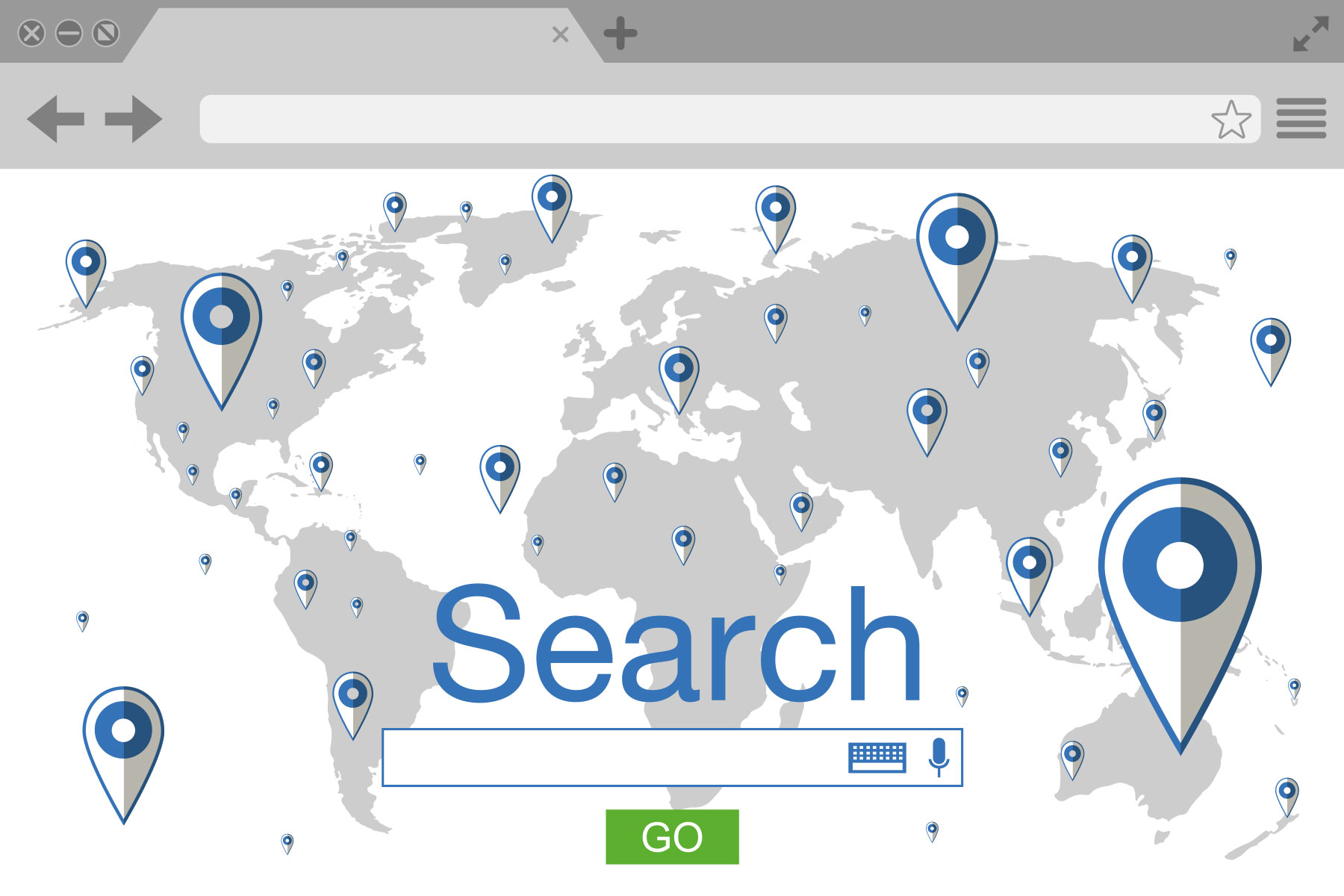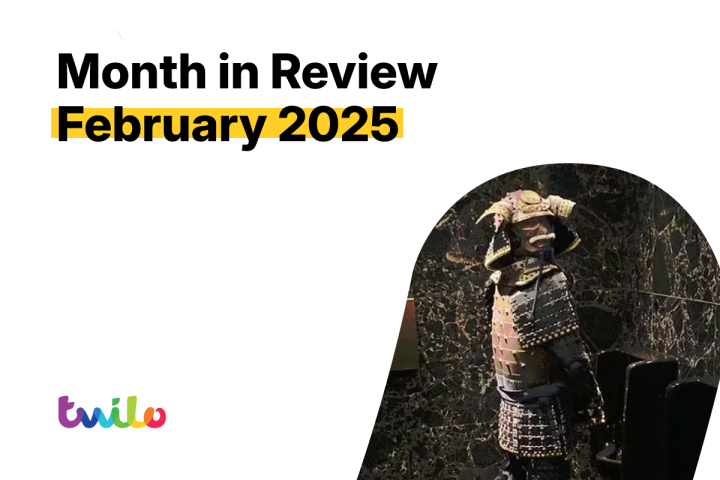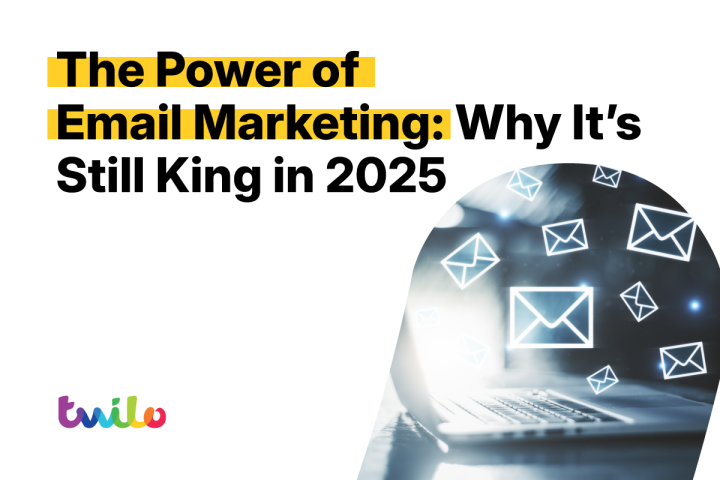Google announced earlier this year that they are introducing charges for using the Google Maps service on websites...
So What Does That Mean For Your Website And Your Business?
Historically the practice of integrating Google Maps into a website has been a proven positive for local SEO and it demonstrates that the website wants to add value to the user experience and has, on the whole been free for most businesses, until June of this year. Google have since been introducing charges for using Google Maps and it requires client accounts to be registered with Google for a monthly plan, along with a valid payment method.
The monthly plan includes a $200 credit for all registered accounts, which equates to £152 using the ‘current’ Google currency calculation, and this will take care of about 28k free page loads a month. Google have provided a cost calculator that will allow you to show ‘estimated costs’ based on your potential usage, with a disclaimer that they are not based on actual usage of your account so be realistic when providing estimates. Use Google Analytics to determine how your website visitors interact with your business in relation to contacting you or finding your premises and use this data to make informed decisions on how and where to use the Google Maps API, or if you should be using it at all.
For businesses whose customers use their map function on a much larger scale there have been reports of cost increases of up to 1400%. Previously these businesses were allowed 25k free page loads per day, so from 25k free per day to 28k free per month…ouch. No wonder many businesses are looking to divest the budget from Google Maps and look toward investing in lower cost models.
Is There A Way To Avoid Charges For Using Google Maps?
Whether you choose to use a static image from Google Maps or have full map integration, Google have the charge covered for you. Of course there are open-source alternatives such as openstreetmap.org but how using platforms such as this will affect SEO, especially the local element, is not yet certain. Rest assured it’s certain to have an adverse impact at some point if it’s not a Google property.
Does Your Website Even Need Google Maps?
If you don’t need to promote the physical location of your business then avoid unnecessary map page loads by making sure your map features solely on your contact page so that only people who want to see the map get shown the map when they navigate to that page. However, if your business relies on customers visiting your premises, whether it is for retail, or service based, activity then it’s critical you understand the importance of mobile in location based transactions. For example:
- Only around 10% of global sales occur online, the rest still occur at business premises.
- Of all the searches that occur about a third are location based eg “example retailer near me” or “example retailer in exampletown” and this type of search has been increasing three fold, year on year.
- Google states
76% of people who search on their smartphone for something nearby visit a related business within a day, and 28% of those searches result in a purchase.
Therefore if you aren’t helping your customers on their journey to your business then they will be visiting and purchasing from businesses that do! Contact Twilo to find out how we can help improve your customer’s journey to your bottom line.




